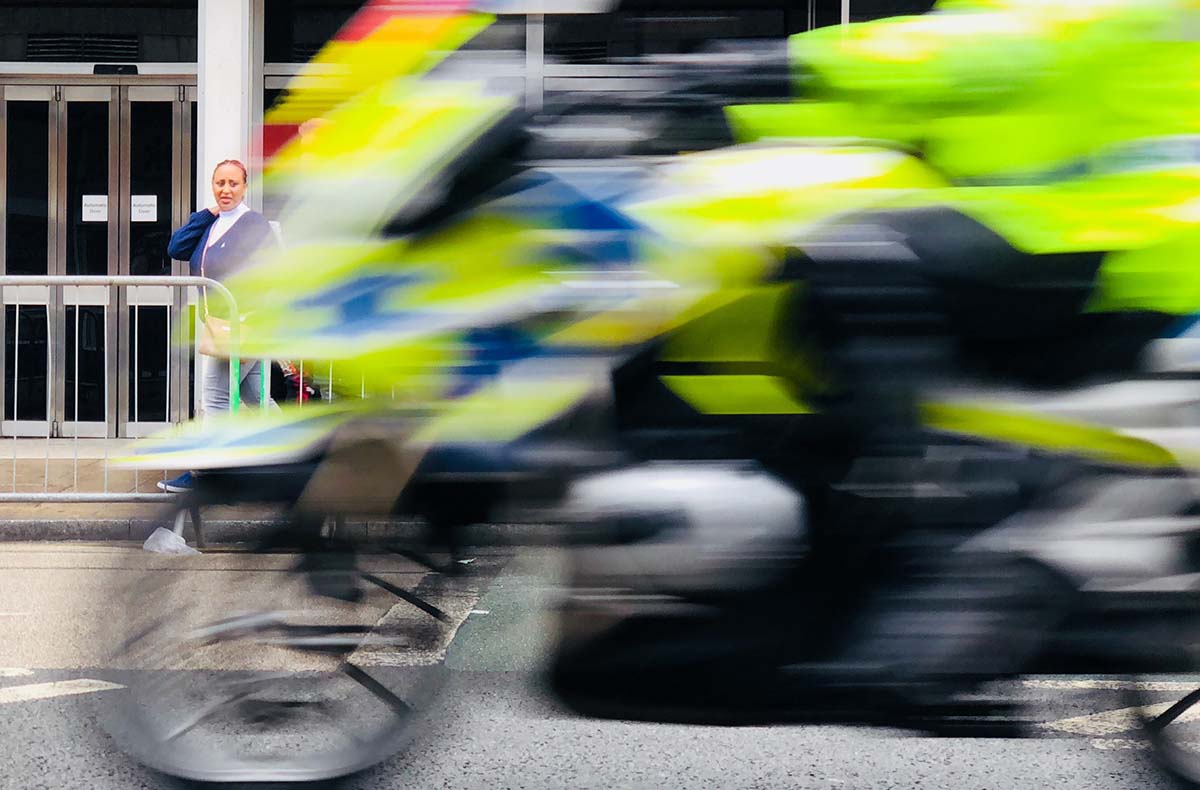
I recently spent weeks with my head buried in grim data and analyses that would make even the most hard-bitten crime scribe’s eyes water. Now that I’ve resurfaced, let me tell you about the Global Organized Crime Index (GOCI).
The GOCI is a sophisticated, data-driven attempt to measure organized crime—and resilience to it—across all 193 states recognized by the United Nations. Its aim is to improve understanding of organized crime and to identify ways of tackling what the Index’s authors describe as “the most pernicious threat to human security, development and justice in the world.”
You can browse the 2021 Index here. It is compiled by academics and law enforcement specialists from the Global Initiative Against Transnational Organized Crime (GI-TOC)—and makes for fascinating, albeit macabre, reading. Be warned: the interactive map is addictively detailed, and you may spend hours wondering which crimes are prevalent in places as far-flung as Madagascar, Malaysia and Moldova!
New Thinking has a large US-based audience, so let’s cover the inevitable question: how does America rate?
It won’t surprise you to read that the nation most associated (however inaccurately) with gun crime and arms sales—as well as being the target market for much of Central and South America’s narco-related activity—doesn’t perform as well as its peers in similar advanced democracies. GOCI researchers assign a crime “rating” of between 1 and 10 to each state. The higher a state’s rating, the more it is prone to organized crime. Officials then compile a “league table” of organized crime from 1 to 193—states want to be as low down that list as possible.
The US scores a crime rating of 5.50 (higher than average), placing it 66th in a global league table headed by the Democratic Republic of Congo (1st), Colombia (2nd), Myanmar (3rd) and Mexico (4th).
As an independent body, Switzerland-based GI-TOC often busts long-established myths about the prevalence of crime within states considered—sometimes by unchallenging and patriotic media—paragons of virtue.
So, NT’s international audience may also be interested to read that the UK, with its law-abiding reputation (give or take the odd Agatha Christie “whodunnit”), also achieves a disappointing mid-ranking. The UK’s crime rating of 4.89 places it just 99th out of 193 states. Few Brits aged above fifty would have guessed that. But then again, they’re probably just watching Miss Marple reruns.
Of course, low-crime island havens of Tuvalu (193rd) and Nauru (192nd) compare favourably with the US and UK—as do stable European peers such as Finland (181st) and Norway (153rd). But more interestingly, many states traditionally considered prone to crime perform better. These include Romania (115th), Bolivia (131st) and Rwanda (159th).
The last of these, Rwanda, will interest UK-based politicos. Priti Patel, home secretary under ex-PM Boris Johnson, was bombarded with criticism after signing a deal with Rwanda, under which UK asylum-seekers could be deported to central Africa pending the outcome of their application. Critics lambasted Patel’s policy as inhumane, and it could be ruled illegal. But the oft-cited argument that Rwanda is crime-ridden when compared with western European states doesn’t always stack up.
Of course, Rwanda still struggles with crimes linked to its vulnerable geography. The GOTI commentary states: “Some people fleeing conflict and political violence in the Democratic Republic of Congo (DRC) and Burundi become exposed to exploitation in Rwanda. There are allegations of female and child refugees being subjected to sex trafficking in Congolese refugee camps, and of children being drafted into militias fighting in Burundi and the DRC.” These are serious and violent crimes. But according to researchers, Rwanda’s relative political stability in the 21st Century makes it a safer place than most.
And this is where the GOCI gets interesting. One reason the UK’s ranking surprises observers is that the Index monitors a wide range of criminal activity—from violent crime to white-collar fraud—and the UK is surprisingly prone to some of these. GI-TOC assesses the UK is vulnerable to modern slavery, forced labour and sex trafficking. The exploitation of youths through the so-called “county lines” drugs trade, in which youngsters are manipulated into transporting heroin or crack cocaine, is a further problem. But where the UK scores especially poorly is on white-collar crime, particularly money laundering. GI-TOC describes the level of money laundering through London by foreign criminals and their enablers as “monumental.” Laundering activity has slowed since the imposition of sanctions on Russia—dodgy Russian cash inspired the capital’s unwanted nickname “Londongrad”—but remains a problem due to the UK’s energetic financial services and property markets.
For every violent criminal or trafficker in Rwanda or Romania, several money launderers target London. This is a discomforting fact for many Brits who have traditionally turned a blind eye to non-violent crime. White-collar offences may not be as “nasty” as gun crimes. Still, the UK needs to ask itself where the “monumental” sums laundered locally come from, and which activities create the cash funding luxurious penthouses in Knightsbridge or Westminster. The original crime is often violent, even if it originates in Moscow, Mexico or Malta.
On the whole, however, the UK reacts well to threats posed by organized crime. How do we know? Well, the second critical measurement within the GOCI is a state’s “resilience” to organized crime. This includes assessments of structures designed to tackle illegal behaviours: policing, laws, monitoring, compliance etc. In terms of resilience, the higher your rating out of ten the better. The UK scores 7.88, ranking it 8th out of 193 states. The US scores a little lower at 6.58 (28th).
What does this all tell us? That the UK is more of an organized crime hotspot than its gentle “bobby on the beat” reputation implies, while more predictably, the US remains dogged by guns/arms and drugs. It also tells us that the US and UK are more active than most in attempting to tackle these grim realities.
The ultimate takeaway is that we have to find more methods that work—and once we do, the numbers will tell the tale.



